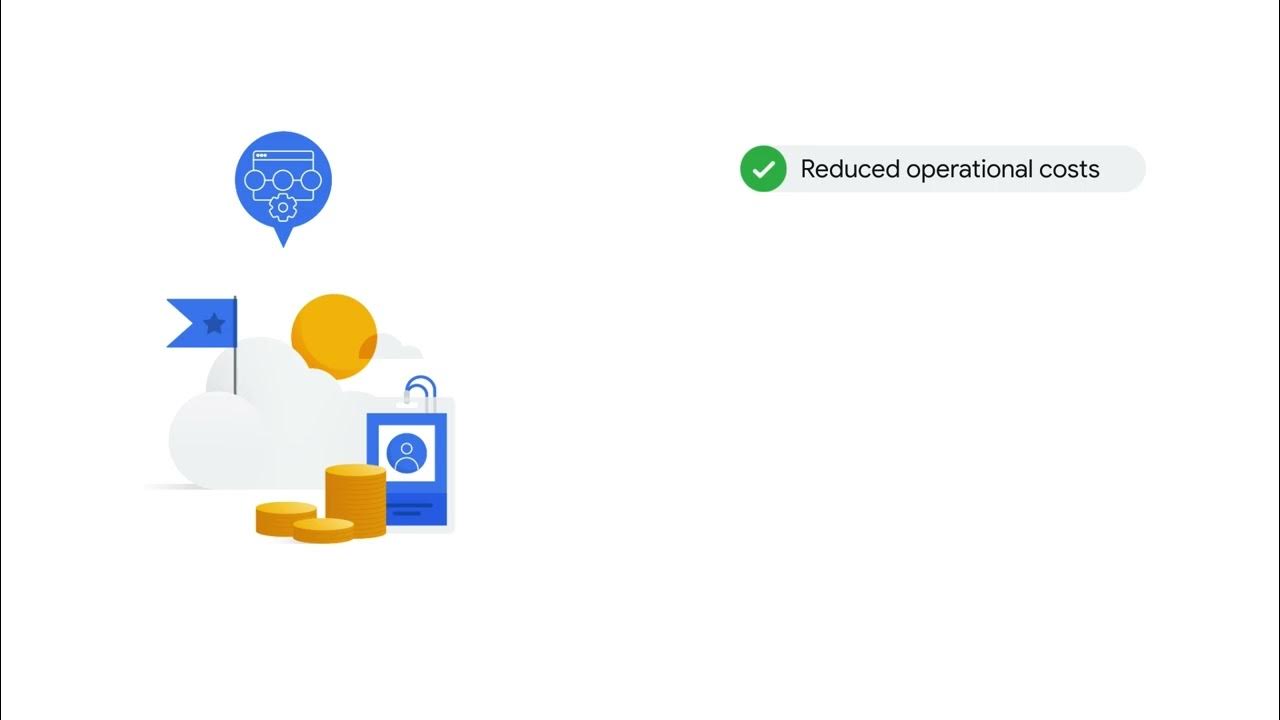Dominic Williams on UTOPIA - private sovereign clouds on ICP blockchain - 27.june.2024 Nexus2050
Summary
TLDRThe speaker introduces Utopia, a serverless cloud technology that promises to revolutionize enterprise and government computing. Utopia, which stands for Unstoppable, tamperproof open platform for independent autonomy, offers private, owner-controlled clouds that enhance security and productivity. It addresses cybercrime challenges and boosts IT efficiency, with the potential to host AI models and digital assets securely. The technology enables scalable, prompt-based application development and updates through generative AI, aiming to significantly increase productivity and control over data.
Takeaways
- 🌐 Utopia is a software technology for creating serverless clouds that are private and controllable by the owner.
- 🔒 The serverless clouds offer game-changing advantages such as security without firewalls or anti-malware, increased IT personnel productivity, and freedom from vendor lock-in.
- 💡 Utopia is the result of over a thousand person-years of R&D and is a spin-out from the Internet Computer project, making it a proven and battle-hardened solution.
- 📈 The global cost of cybercrime is projected to exceed $1 trillion by 2025, highlighting the urgent need for Utopia's security solutions.
- 🛡️ Utopia addresses major IT challenges by creating Byzantine fault-tolerant serverless clouds, which are resilient to data center failures and cyber attacks.
- 🔒 The technology behind Utopia makes ransomware penetration and data exfiltration impossible within the cloud environment.
- 🌍 Utopia allows for the creation of private serverless clouds over big tech cloud services or on home country hardware, providing sovereignty and avoiding vendor lock-in.
- 🚀 Utopia enables the development of mobile, local area secure unstoppable cloud platforms, useful for field environments and developing markets.
- 🏪 An app store is available with pre-made services from the web 3 space, repurposed for enterprise and government environments, such as passkey-based identity and secure file sharing.
- 🤖 AI models and digital assets can be securely hosted on Utopia, with the upcoming capability to run large language models and interact with external blockchains.
- 🔄 Utopia simplifies the scaling of applications by scaling the cloud itself, reducing the complexity and boosting productivity compared to traditional IT stacks.
- 💡 Utopia is optimized for prompt-based application development using generative AI, allowing for the creation and updating of enterprise systems through simple AI interaction.
Q & A
What does the acronym 'Utopia' stand for?
-Utopia stands for Unstoppable, tamperproof open platform for independent autonomy.
What is the primary function of Utopia technology?
-Utopia technology is designed for creating serverless clouds that are private and controlled by the owner, offering a software technology for building applications on a secure and autonomous platform.
Why is Utopia technology significant in the current cybersecurity landscape?
-Utopia technology is significant because it provides a serverless cloud environment where applications are inherently safe without the need for firewalls and anti-malware, addressing the growing concern of cybercrime.
How does Utopia technology enhance the productivity of IT personnel?
-Utopia enhances IT personnel productivity by offering a serverless model where software systems cannot crash, and by eliminating vendor lock-in, which simplifies the development and maintenance process.
What is the estimated global cost of cybercrime expected to reach by 2025?
-By 2025, the global cost of cybercrime is expected to pass $1 trillion.
How does Utopia address the issue of ransomware attacks?
-Utopia addresses ransomware attacks by creating serverless clouds that are resistant to both data exfiltration and system penetration, making the environment secure against such cyber threats.
What is the concept of 'Byzantine fault tolerance' mentioned in the script?
-Byzantine fault tolerance is a method used by Utopia to create serverless clouds that are not vulnerable to the failure of a subset of data centers or to malicious insiders compromising part of the system.
How does Utopia technology allow for the escape from vendor lock-in?
-Utopia technology allows for the escape from vendor lock-in by enabling the creation of private, serverless clouds that can be run over big tech cloud services or home country hardware, providing flexibility and control over the underlying compute nodes.
What are some of the advantages of building applications on Utopia's serverless clouds?
-Building applications on Utopia's serverless clouds offers advantages such as increased security, enhanced IT personnel productivity, avoidance of vendor lock-in, and the ability to build on a platform that is resistant to data center failures and cyber attacks.
What is the potential impact of Utopia technology on the productivity of developing enterprise and government applications?
-Utopia technology has the potential to significantly increase productivity by simplifying the development process, reducing the amount of code needed, and providing a platform for prompt-based application development using generative AI.
How does Utopia technology support the development of AI models and digital asset management?
-Utopia technology supports the development of AI models by providing a secure and resilient environment to run them. It also allows for the secure hosting and processing of digital assets, with features like chain key technology to prevent asset theft even if hardware is compromised.
What is the significance of the virtual execution environment in Utopia's security approach?
-The virtual execution environment in Utopia is significant because it encapsulates the entire cloud in a secure space, similar to how JavaScript runs within a web browser, preventing code from escaping and ensuring the security of the applications running within it.
Outlines

Esta sección está disponible solo para usuarios con suscripción. Por favor, mejora tu plan para acceder a esta parte.
Mejorar ahoraMindmap

Esta sección está disponible solo para usuarios con suscripción. Por favor, mejora tu plan para acceder a esta parte.
Mejorar ahoraKeywords

Esta sección está disponible solo para usuarios con suscripción. Por favor, mejora tu plan para acceder a esta parte.
Mejorar ahoraHighlights

Esta sección está disponible solo para usuarios con suscripción. Por favor, mejora tu plan para acceder a esta parte.
Mejorar ahoraTranscripts

Esta sección está disponible solo para usuarios con suscripción. Por favor, mejora tu plan para acceder a esta parte.
Mejorar ahoraVer Más Videos Relacionados
5.0 / 5 (0 votes)






